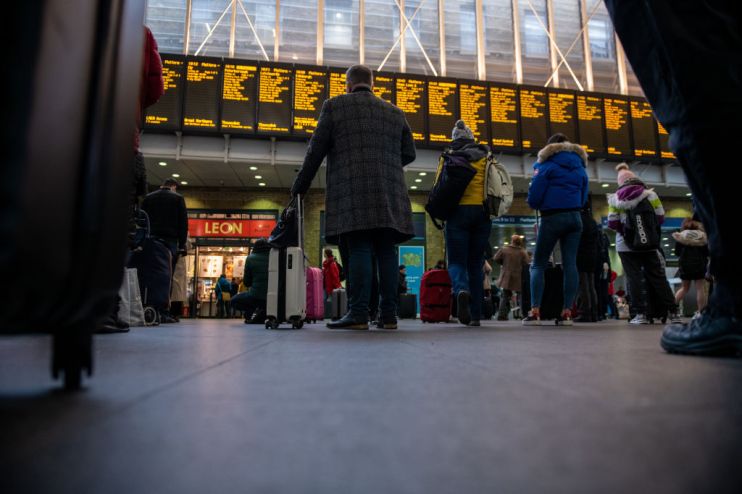UK inflation hits 2.5 per cent in June

UK inflation jumped again in June, outpacing economists’ expectations to accelerate away from the Bank of England’s target, the Office of National Statistics (ONS) revealed this morning.
The Consumer Price Index (CPI) rose to 2.5 per cent last month, its highest level since August 2018, up from 2.1 per cent in May. Analysts had forecast a rise of 2.2 per cent.
On a monthly basis, the CPI rose by 0.5 per cent in June 2021, compared with a rise of 0.1 per cent in June 2020.
Once again, the ONS said that the largest single factor pushing inflation upward was transport costs such as fuel, as well as higher prices for clothes, food and footwear.
The figures come a day after it was revealed that US inflation had rocketed to 5.4 per cent.
The Labour Party said that the rise was because firms were struggling to access critical supplies and were also handling a shortage of staff.
Shadow Chief Secretary to the Treasury Bridget Phillipson said: “The Government must do all it can do to keep materials and other supplies moving to prevent shortages, including cutting the unnecessary red tape following the EU-UK agreement, and providing much better training so that we have access to the skills we need here in the UK.
“Longer-term, Labour’s plan would mean we buy, make and sell more in the UK, protecting our access to critical supplies through better use of procurement and efforts to bring more production here.”
Before the Open: Get the jump on the markets with our early morning newsletter
Last week outgoing Bank of England chief economist Andy Haldane said that inflation was on track to hit 4.0 per cent – double the Old Lady’s target.
Commenting on this morning’s rise, KPMG’s chief economist Yael Selfin said inflation would likely peak at 3.0 per cent this year.
“The prospects of cooling inflationary pressures next year, as firms adjust to new levels of demand, should provide the Bank of England with room to keep interest rates unchanged for a while longer”, she said.
Jason Hollands, managing director of Bestinvest: “That prices are continuing to rise as economies bounces back from last year’s brutal contraction is little surprise, especially when there are supply bottlenecks that have built up during the lockdowns.
“Where the jury remains out though is whether the surge is a temporary effect or could lead to a more persistent problem if economies are allowed to overheat fuelled by unprecedented levels of both monetary and fiscal stimulus.”
Joseph Little, global chief strategist at HSBC Asset Management said that though inflation would likely continue to increase this year, it would be a temporary bump.
“We expect inflation pressures to continue building over the course of the year driven by base effects and the service sector’s reopening, higher energy prices and general supply-demand imbalances.
“The bulk of these transitory factors should unwind over the course of 2022, pushing inflation back towards the Bank of England’s 2 per cent target.”